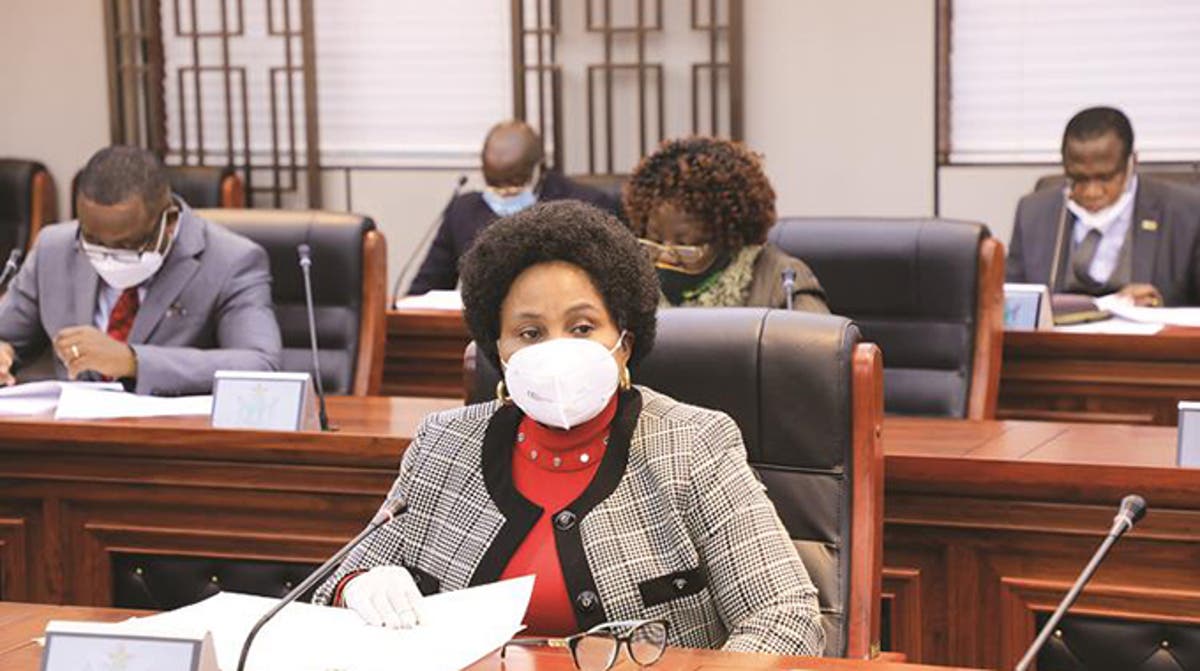By Staff Writer
Government has sanctioned the use of devolution funds to fast track the identification and quantification of all irregular and dysfunctional settlements in local authorities and wetlands as it moves to provide safe and decent housing for the public.
Speaking at a post-Cabinet media briefing in the capital, this Tuesday, Information, Publicity and Broadcasting Services, Minister Monica Mutsvangwa said that devolution funds would be used for the housing construction programme in order to hasten the process.
“Devolution funds will be used for the housing construction programme. Financial instruments which will encourage the private sector to participate in infrastructural development are being designed, particularly for housing,” she said.
In light of the report presented by Vice President Constantino Chiwenga as Chairman of the Enhanced Cabinet Committee on Emergency Preparedness and Disaster Management, Cabinet was informed that the verification process was underway and should be completed in the coming ten days.
“On the identification and quantification of households in irregular and dysfunctional settlements, including in flood-prone areas, care was being exercised to ensure that only deserving beneficiaries were registered for relocation,” said Mutsvangwa.
Government has since engaged experts from the Zimbabwe Geospatial and Space Agency and the Environmental Management Agency in collaboration with relevant Ministries to ensure completion of the mapping exercise.
Similarly, the delineation of the country’s wetlands has already started with a National Wetlands Policy having been prepared as part of the wider strategy to protect the country’s multi-faceted habitats.
Minister Mutsvangwa highlighted that the first category to be relocated should be families currently illegally settled.
“These will be relocated as soon as the identified destinations have been prepared and equipped with services, in order to pave way for the demolition of their illegal structures.
“The second category shall be for those settled on land suitable for urban development but which requires regularisation and the provision of basic municipal services,” she said.
Government also advised that future plans were to ensure that up to 40% of all housing settlements in urban areas would be high-rise models to facilitate densification.
Existing urban regeneration programmes were currently being revived for building flats in places such as Mbare in Harare, Makokoba in Bulawayo, and Sakubva in Mutare and other cities.
Meanwhile, still on infrastructure and rehabilitation programmes, Cabinet has since approved an Emergency Road Rehabilitation Programme consisting of corrective, preventive and restoration works of up to US$400 million over the next 36 months.




